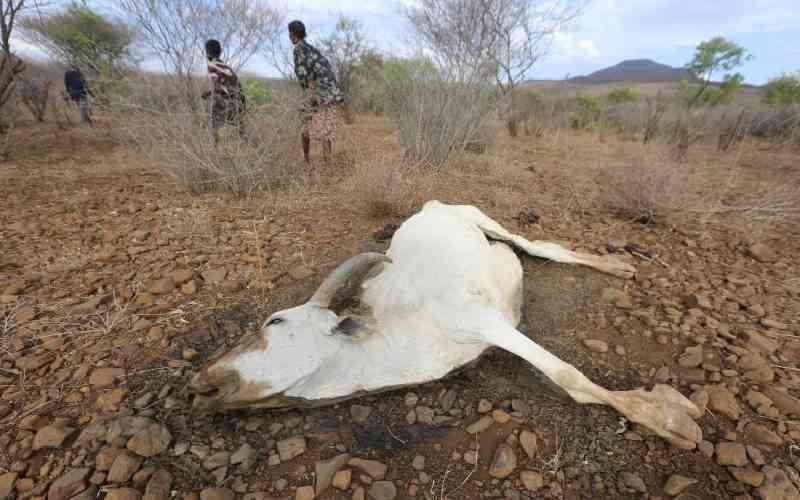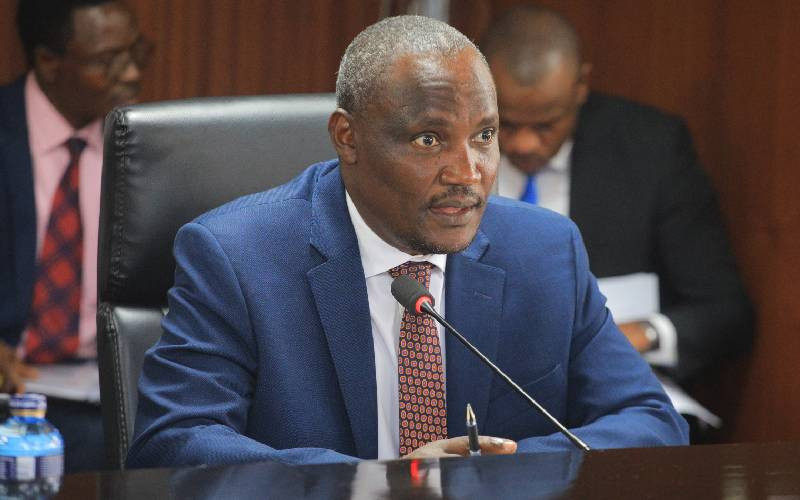×
The Standard e-Paper
Home To Bold Columnists

The stages of modern humankind, according to evolutionists from the earliest to the most recent, are Homo habilis (handyman), Homo erectus (upright man) and Homo sapiens (intelligent man) and Homo sapiens sapiens (more intelligent and technologically savvy).
Writing on this does not in any way mean I endorse evolution theory.







